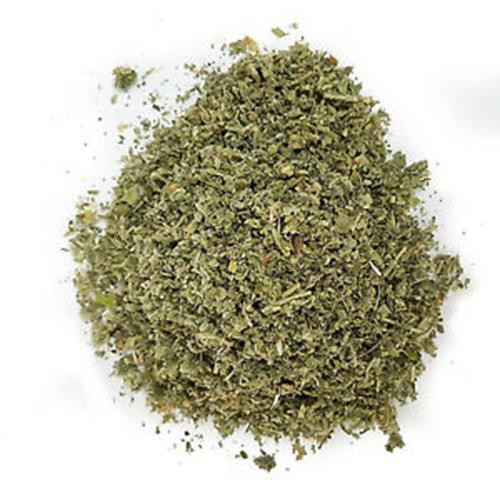Goats Rue OG K Galega officinalis syn. Galega bicolor, Galega persica Galega 50g
Goat’s Rue (Galega officinalis), also known by its synonyms Galega bicolor and Galega persica, is a herbaceous perennial plant belonging to the pea family (Fabaceae). It has a long history of use in traditional medicine, particularly in Europe and Asia, for various health benefits. The plant contains active compounds like galegine, saponins, flavonoids, and alkaloids, which contribute to its medicinal properties. Here are some of the key benefits associated with Goat’s Rue:
1. Blood Sugar Regulation and Diabetes Management
- Goat’s Rue is traditionally known for its anti-diabetic properties. The active compound galegine is known to help reduce blood sugar levels. The herb was historically used in the development of the antidiabetic drug metformin, which is widely used today for managing Type 2 diabetes.
2. Galactagogue (Promotes Lactation)
- Goat’s Rue is commonly used as a galactagogue to stimulate milk production in breastfeeding women. It is believed to help increase milk supply and enhance milk flow, making it popular among nursing mothers.
3. Diuretic Effects
- The herb is known for its diuretic properties, which help promote urine production. This can be useful for people dealing with water retention, edema, and certain kidney and urinary tract issues.
4. Weight Management
- Due to its potential to regulate blood sugar levels and its mild diuretic effects, Goat’s Rue may aid in weight management. Some believe it can help with fat metabolism, although more research is needed in this area.
5. Antimicrobial and Antibacterial Properties
- Goat’s Rue has demonstrated antimicrobial effects against certain bacteria and fungi. It may help support the immune system and protect against infections.
6. Antioxidant Activity
- The flavonoids and saponins present in Goat’s Rue have antioxidant properties that help combat oxidative stress and neutralize free radicals. This may contribute to overall health and wellness by protecting cells from damage.
7. Potential Cardiovascular Benefits
- Some studies suggest that Goat’s Rue may have cardioprotective effects, helping to improve heart health by lowering blood pressure and cholesterol levels, although more research is needed.
8. Improved Digestion
- Goat's Rue has been traditionally used to support digestive health. It may help stimulate digestion and alleviate issues such as bloating and indigestion.
9. Traditional Use in Skin Conditions
- Goat’s Rue has been used in folk medicine to help treat various skin conditions, such as boils, abscesses, and other skin infections, due to its antibacterial and anti-inflammatory properties.
Precautions and Side Effects
- Potential Toxicity: While Goat’s Rue has medicinal benefits, it can be toxic in high doses due to the presence of galegine, which can lower blood sugar too much or cause other side effects.
- Pregnancy: It should not be used during pregnancy without medical supervision, as it may affect uterine contractions.
- Drug Interactions: It may interact with other medications, especially those used for diabetes and blood pressure.
- Fresh Plant Caution: Fresh Goat’s Rue is considered toxic to livestock (such as goats and sheep) when ingested in large quantities, hence the name.
Always consult with a healthcare provider or herbalist before using Goat’s Rue for medicinal purposes, particularly if you have underlying health conditions or are taking medication.
DESCRIPTION
Product: Goats Rue Herb
Latin Name: Galega officinalis syn. Galega bicolor, Galega persica, Galega tricolor.
Plant Family: Fabaceae
Other Names: Goat's Rue, French Lilac, Cheese Rennet, Italian Fitch, Pestilenzkraut & Herba Rutae Caprariae.
Description: Goat's rue is a scrambling, perennial herb that grows to a height of 1 metre, it is native to Europe and Asia and has now become naturalised in Britain. The erect stems bear oval, multi-divided leaves. The flowers are white to pale pink and produce small cylindrical pods similar to those of other members of the pea family.
SUGGESTED USE
Goats rue can be used as a green manure, the leaves were once eaten as a green vegetable.








